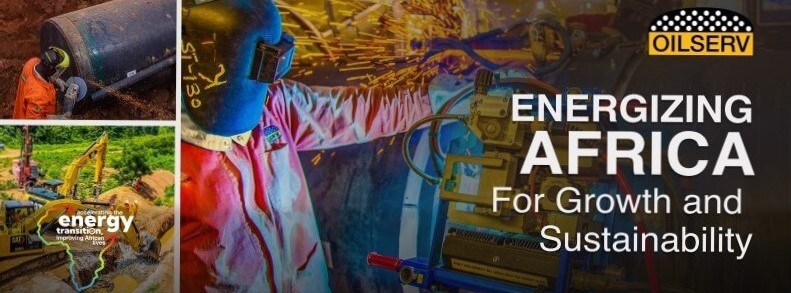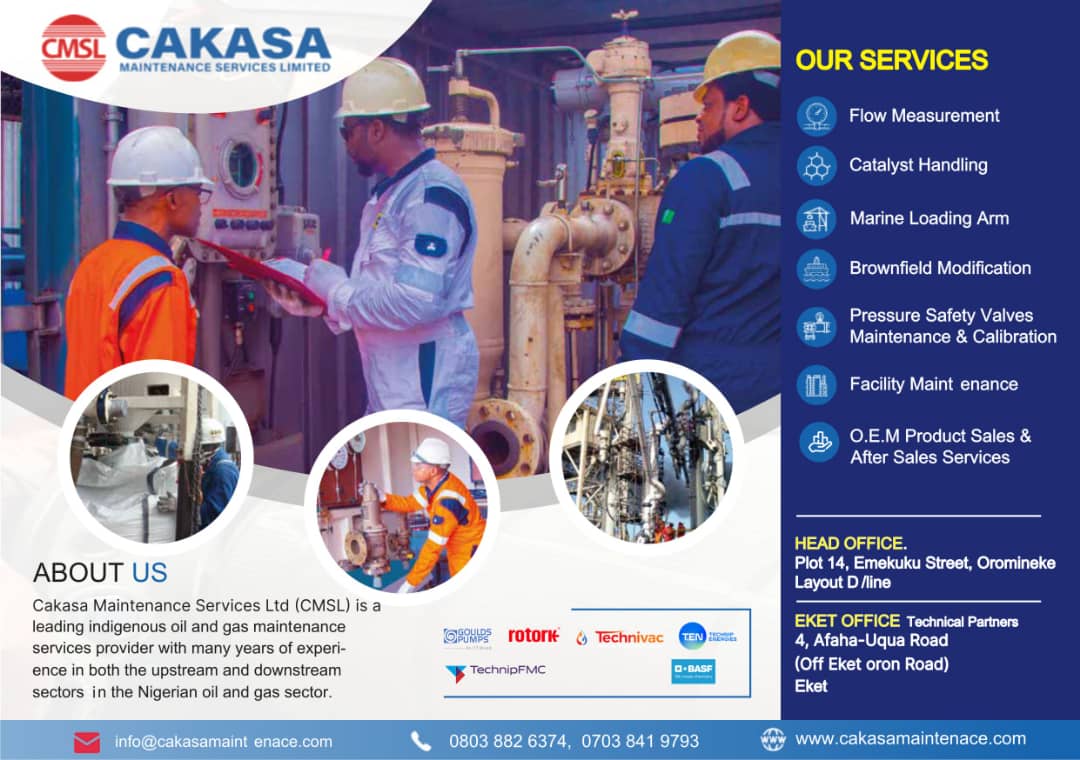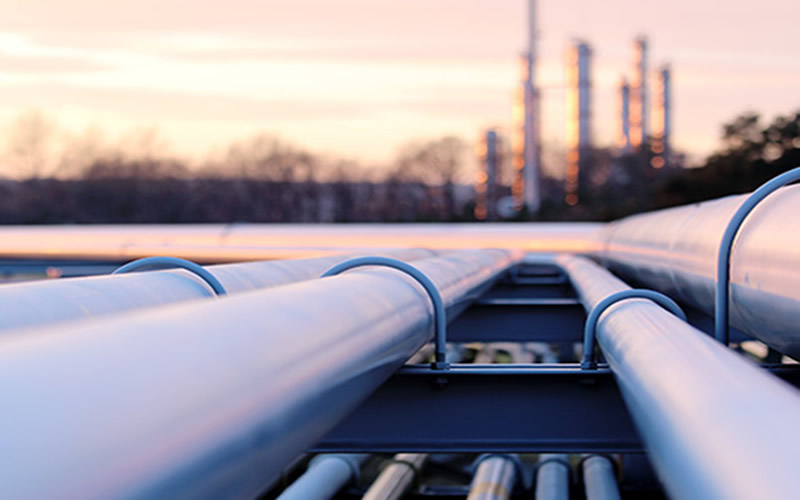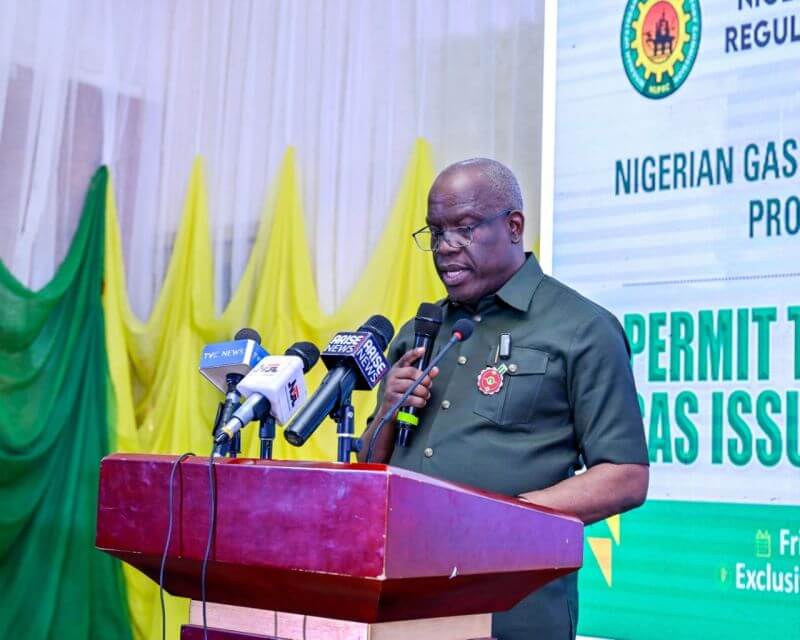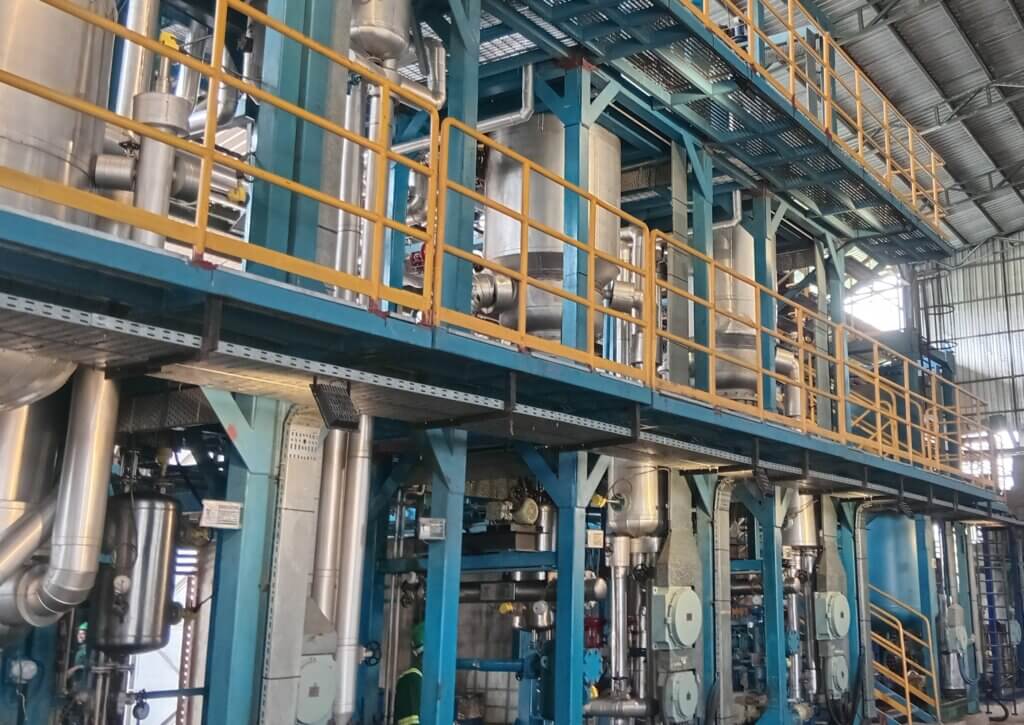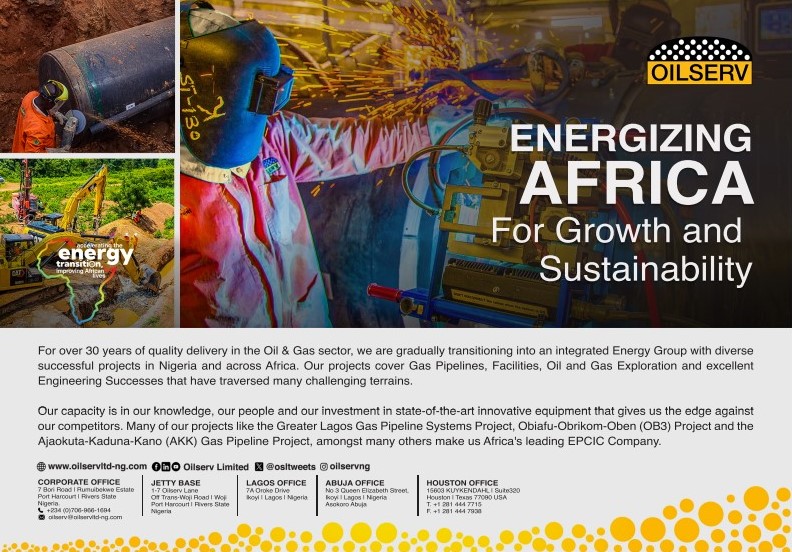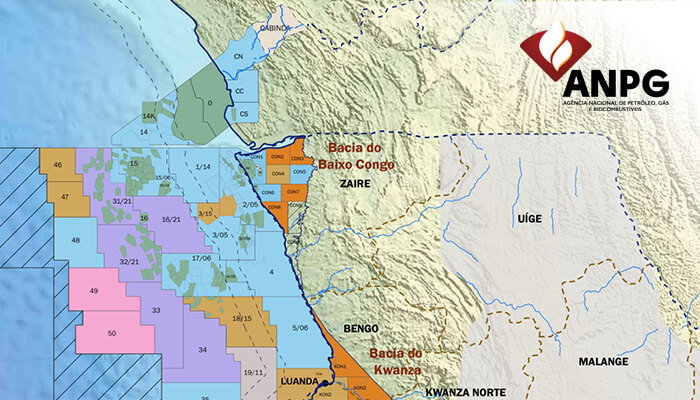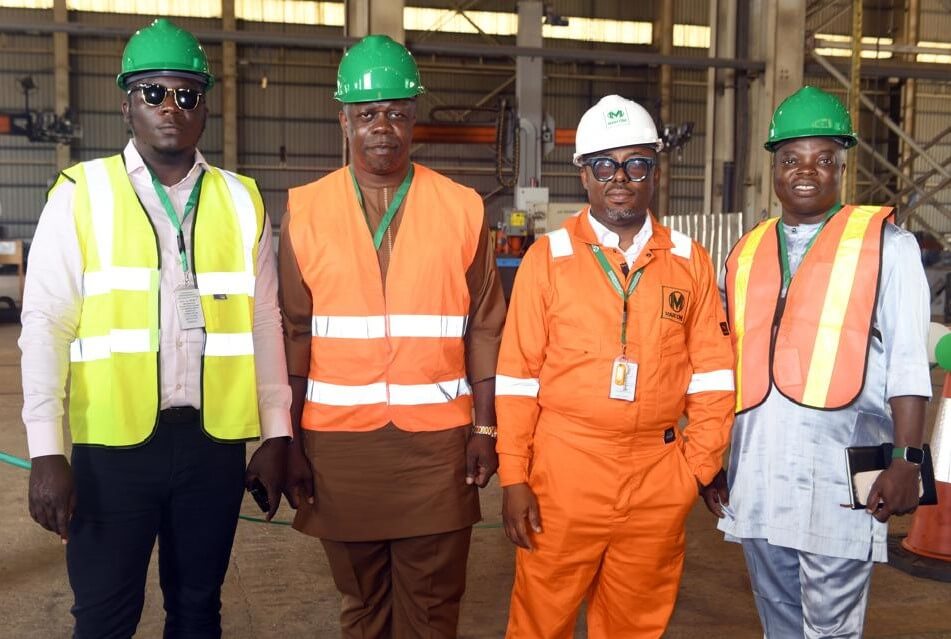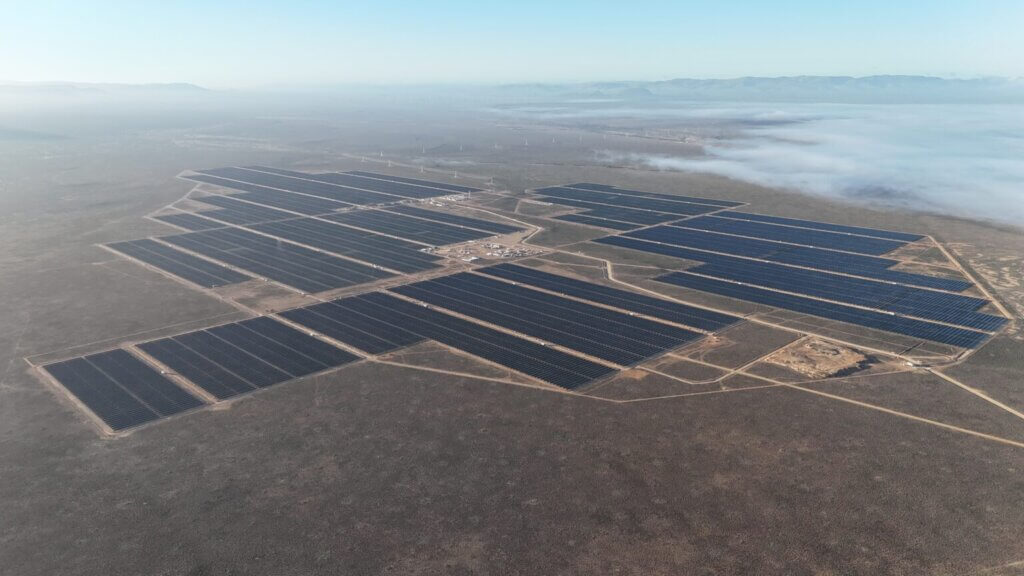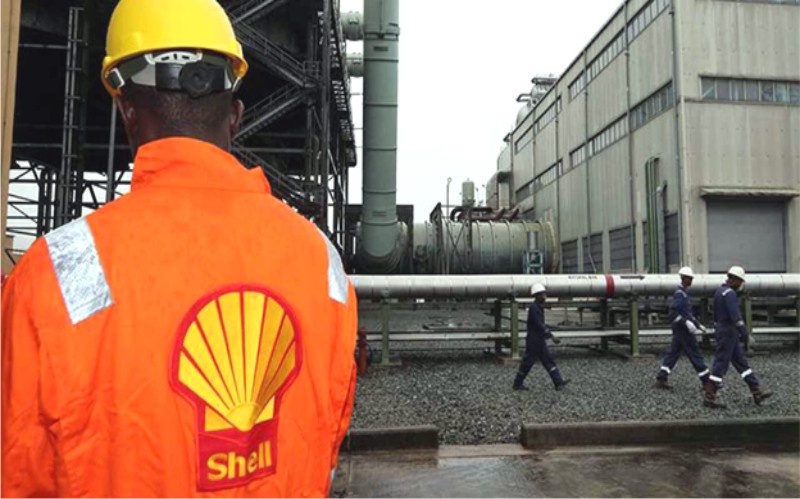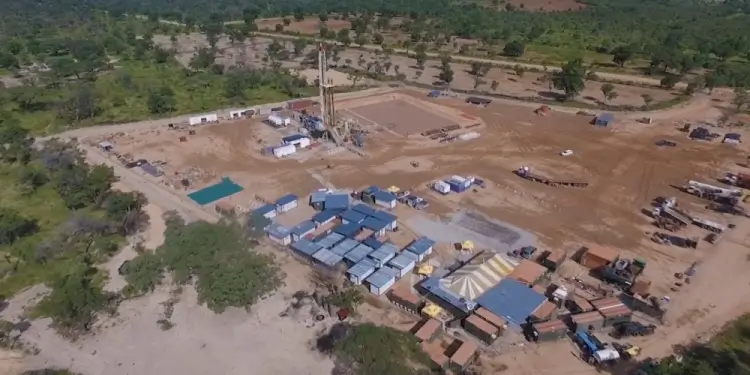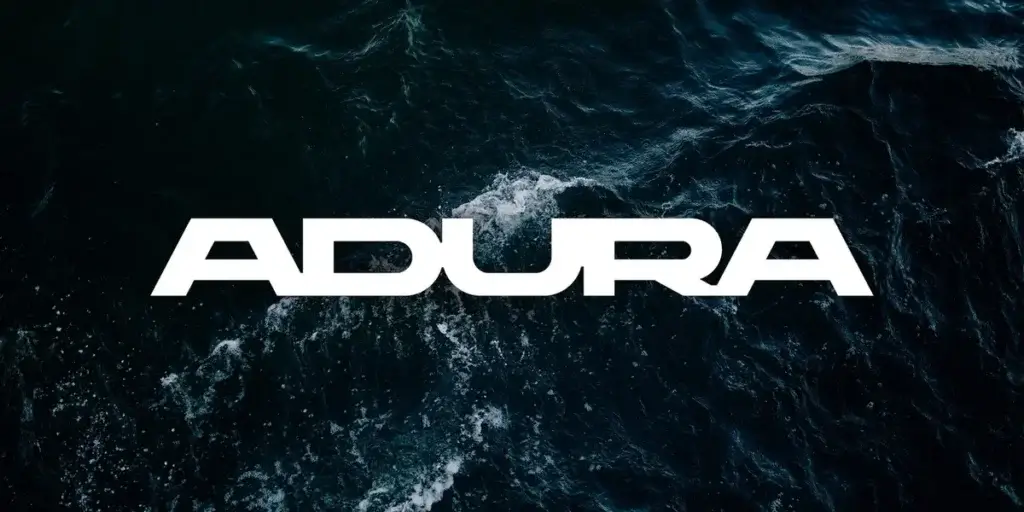
There are many causes of gas pipeline leakage
accidents. In an industrial system dominated by diversified mechanisms,
management and maintenance and construction quality are the main causes of gas
pipeline leakage. Find out the basic causes of the accident and take timely
preventive work. It is an advantageous method to further enhance the quality of
gas pipeline transportation and reduce gas pipeline leakage. The above work not
only requires the continuous efforts of construction personnel, but also the
dedicated help of relevant management personnel to provide convenient
conditions for the normal use of gas.
1. The gas pipeline is of poor quality and does not meet national standards
The gas pipeline is the most direct material medium in contact with gas. There are obvious differences between the internal pipeline and the external pipeline. Among them, the main influencing factor leading to the leakage of the gas pipeline is the internal pipeline. The basic quality of the internal pipeline cannot meet the gas transmission conditions, resulting in gas Leakage occurred during transmission. The reasons are mainly affected by the following three aspects:
The first is that raw material content standards are not up to standard. Related raw material suppliers cut corners and cut corners. In order to improve basic profitability, most raw material suppliers reduce the proportion of anti-corrosion materials among them, thereby obtaining huge profits. Corrosion ability, although there will be no gas leakage in the short term, but after a period of use, the gas pipeline is full of holes.
The second is that gas pipeline manufacturers fail to pass the production inspection of gas pipelines. After production, gas pipelines need to pass the inspection before they can be sold. However, due to the neglect of quality inspections, the stagnant gas pipeline inspection work has increased income In another way, in order to save costs, some companies directly excluded the pipeline inspection department from the production system, leaving the inspection department in name only. As a result, some pipelines have related safety issues when they are not installed.
Finally, the pipeline manufacturer’s
production and R&D technologies are not adequate. Most of the transmission
environment in which gas pipelines are located is relatively harsh. The
pipeline manufacturer not only did not consider the harsh environment within
the pipeline design range, but there were also problems with the ratio of
materials. The technology is not mature enough to have the ability to produce
gas pipelines, but in order to save costs, relevant units still cooperate with
gas pipeline manufacturers that do not have the ability to produce corrosion
resistance to further increase the probability of gas pipeline leakage.
2. Irregular, unscientific, unreasonable, and imprecise installation and construction
Installation and construction play a decisive role in reducing the triggering rate of gas pipeline leakage accidents, but it is also the culprit in gas leakage accidents. According to the investigation, more than half of the gas leakage is caused by improper operation during the installation process. In the pipeline installation process, welding occupies a large proportion, and the welding technology of the welding personnel is extremely important. The welding personnel are required to have a special operation certificate issued by the Work Safety Supervision Bureau and have certain welding experience before they can perform the welding of the pipeline. Work, welding point leakage is the main location of gas leakage.
Modern gas pipeline welders, although they
have the relevant welding ability and technology, are half-way renunciations
and lack professionalism. They cannot perform welding in accordance with
relevant procedures and standards, but perform construction operations based on
their own experience. This also led to the confusion of the construction
sequence. The construction process planned in the early stage could not be
carried out in an orderly manner. This further led to the forgotten
construction project in the construction project, which was the main culprit leading
to the leakage accident.
3. Poor
self-restraint ability, weak safety awareness, construction quality needs to be
improved
Related construction and staff have poor self-restraint ability, unable to
carry out construction in accordance with the previous planning and design,
lack of obedience, and unable to achieve effective self-management and
standardization. During the construction process, there are often missing parts
and imperfect construction quality. In terms of safety awareness, good safety
precautions have not yet been formed. Some construction workers have turned a
blind eye to existing safety problems and safety hazards, and relevant
management personnel have not organized technical personnel to deal with them,
laying down safety hazards for later use of pipelines.
During the construction process, the staff
lacked safety awareness and did not pay attention to the construction quality,
which is also the main reason for the leakage accident of gas pipeline
transportation in my country. In the current actual construction of gas
pipelines, many construction workers lack safety awareness and quality
awareness. In the specific operation process, they cannot strictly follow the
instructions and requirements of the construction drawings. This affects the
quality of the gas pipeline to a large extent. Larger security risks. In
addition, in the actual construction process, there is still a lack of
sufficient supervision, acceptance and other links, which ultimately results in
poor pipeline quality and cannot withstand the test of time.
4. The subsequent maintenance work does not meet the relevant standards
The maintenance of gas pipelines is extremely important. Regular inspection and maintenance of gas pipelines is an effective way to ensure stable transportation of gas pipelines. In the investigation of past gas pipeline leakage accidents, the gas pipelines have been corroded to different degrees. In the production process of the gas pipelines, appropriate amounts of anti-corrosion materials will be added, so it will not cause more serious pipeline corrosion. The main cause of serious pipeline corrosion is the daily maintenance of the pipeline. The first is the inability to understand the basic condition of the gas pipeline in real time. Second, the maintenance of the gas pipeline is not in place and the effect is not good. Finally, the maintenance of the gas pipeline is not good. Comply with relevant standards. Most of the gas pipeline maintenance work is careless, careless and irregular, which is the key to gas pipeline maintenance. Gas pipeline maintenance does not meet the relevant standards, mainly because the maintenance personnel have a low professional level, and further in-depth study is required, Gas pipeline maintenance is a professional management and maintenance project, which requires maintenance personnel to have strong professional quality, but the professional maintenance capabilities of current gas pipeline related personnel are always at a relatively low stage.
The natural gas pipeline is assembled by connecting single pipes one by one. Modern gas gathering pipelines and gas transmission pipelines are made of steel pipes connected by electric welding. There are many kinds of steel pipes, such as seamless steel pipe, spiral seam pipe, and straight seam pipe (LSAW/ ERW Pipe). Seamless pipe is suitable for pipes with a diameter of less than 529 mm, and spiral seam pipe and straight seam pipe are suitable for large-diameter pipes. The cross-sectional structure of the gathering pipeline is composed of inner coating-steel pipe-outer insulation layer-heat preservation (cold insulation) layer; the simple one only has steel pipe and outer insulation layer, while the inner wall coating and heat preservation (cold insulation) layer are both The gas transmission process is determined.
Tips: ASTM A53 covers seamless and welded steel pipe with nominal wall thickness. The surface condition is usually black and hot-dipped galvanized. ASTM A53 is produced mainly for pressure and mechanical applications, and is also used for transport of steam, water, gas line pipes.













